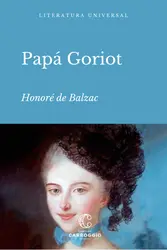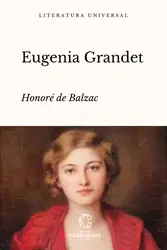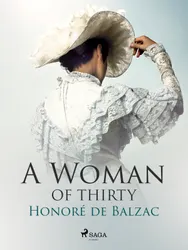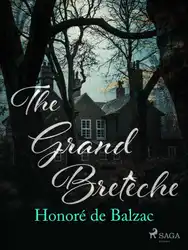Once bitten, twice shy sometimes rings true. Madame de Beauseant must have been bitten very hard, for she became a hermit in her Normandy castle due to humiliation after being cast aside by her aristocratic lover.
However, when Baron Gaston de Nueil, a far younger and very persistent man, comes to town, he cannot resist seeking out this mysterious and notorious woman.
He falls for her but she, being "twice shy", first rejects his advances and then runs away to Geneva. The lovesick Baron follows her, melts her heart and they live happily....for a few years.
The age gap spooks the Baron's fearsome mother, who lines up a younger woman for him to marry. Mme de Beauseant fears a second humiliation, while the Baron contends with the call of his heart and the fear of his mother. What will he decide to do?
Fans of Jane Austen's 'Mansfield Park' and 'Emma' will love this exquisite story of lost love and social propriety.
Honoré de Balzac (1799-1850) was a French novelist and playwright, most famous for a sequence of novels, collectively called 'The Human Comedy'. His signature style was a warts-and-all representation of post-Napoleonic French life, rich in detail and featuring complex, unfiltered characters.
The style means Balzac is regarded as one of the pioneers of European literary realism. He is named as an influence on writers including Emile Zola, Henry James, Charles Dickens, and Gustave Flaubert.
The first novel he published under his own name was 'Les Chouans' in 1829. In 1834 he hit upon the idea of grouping his novels together to record all of society. The result, over a period of years, was 'The Human Comedy', which comprised three categories: 'Analytic Studies'; 'Philosophical Studies'; and 'Studies of Manners'.
























